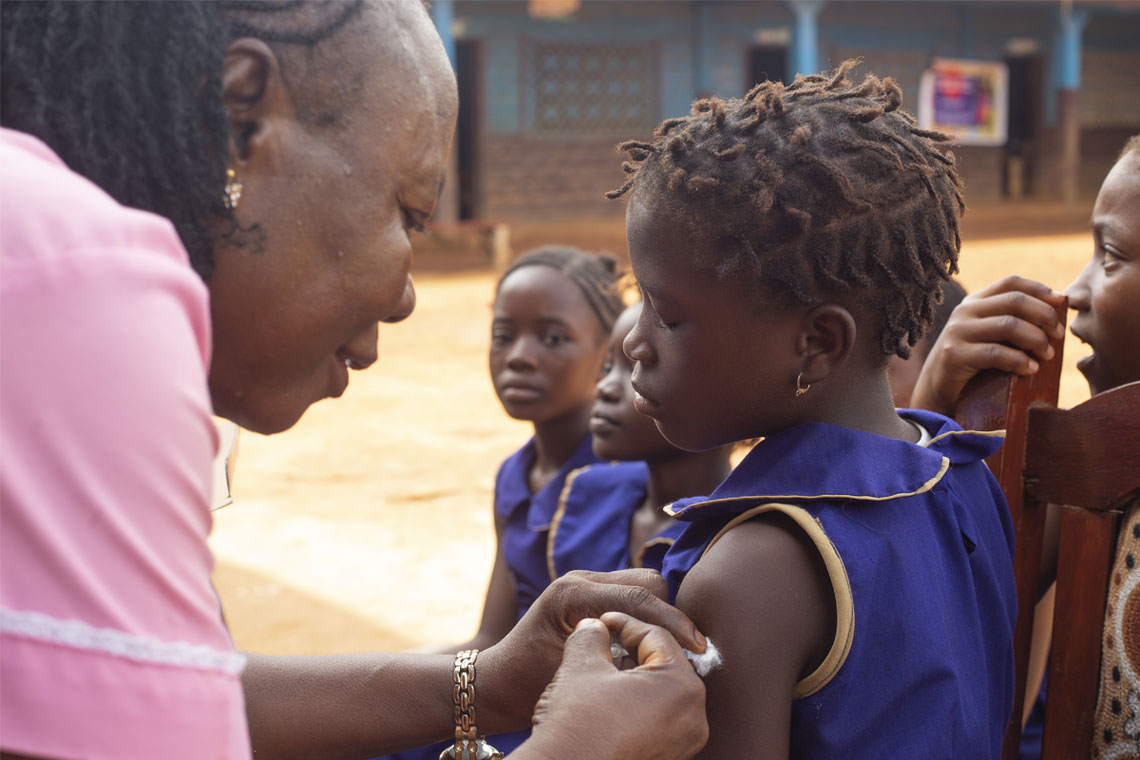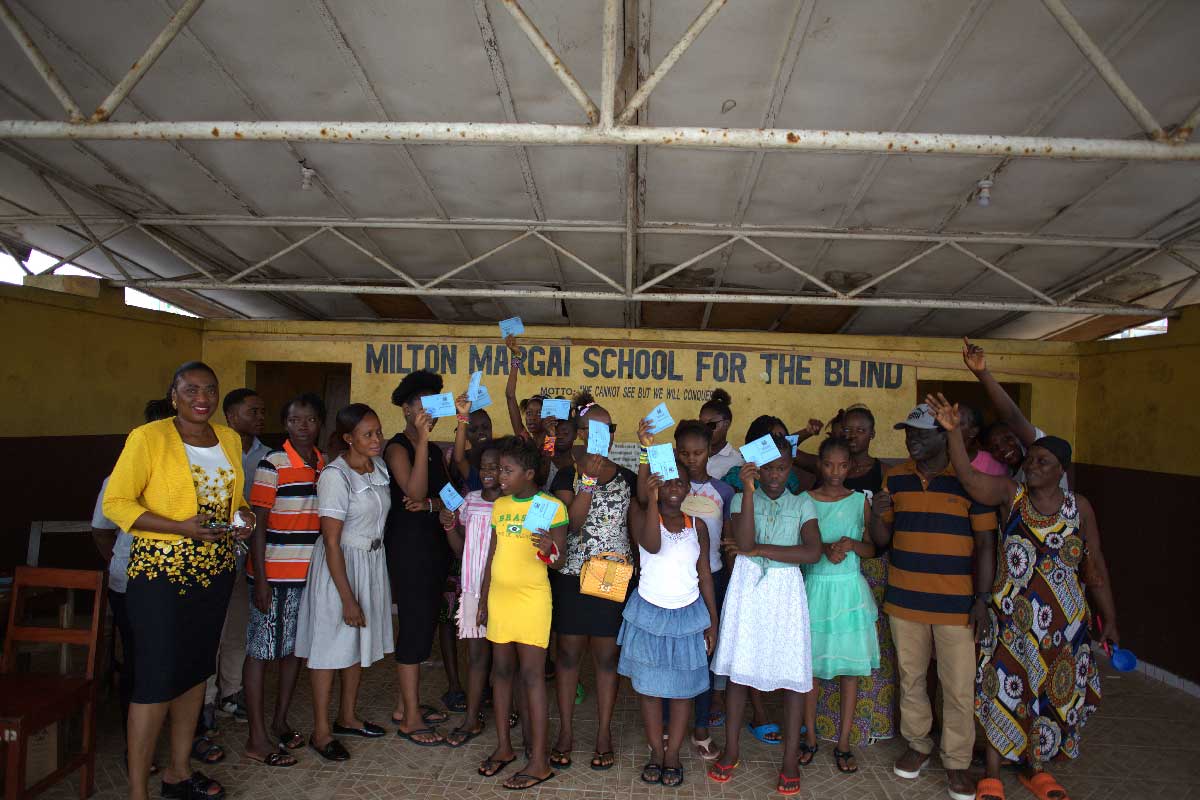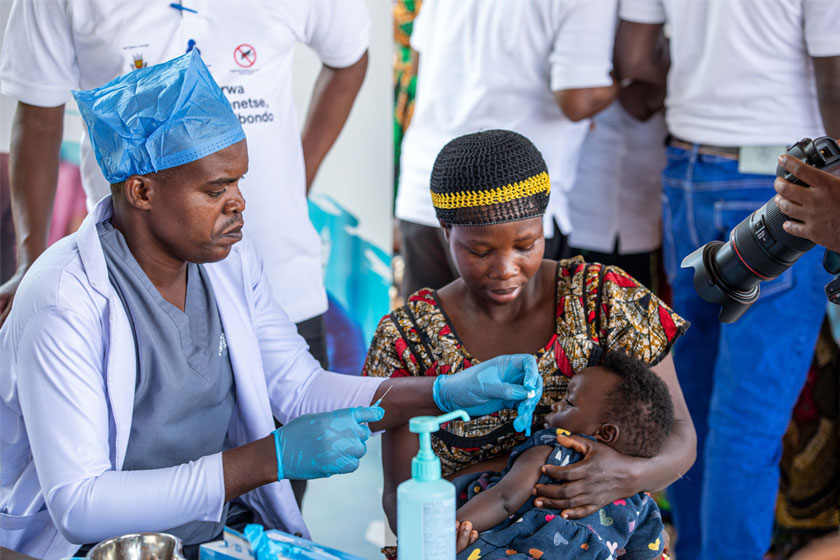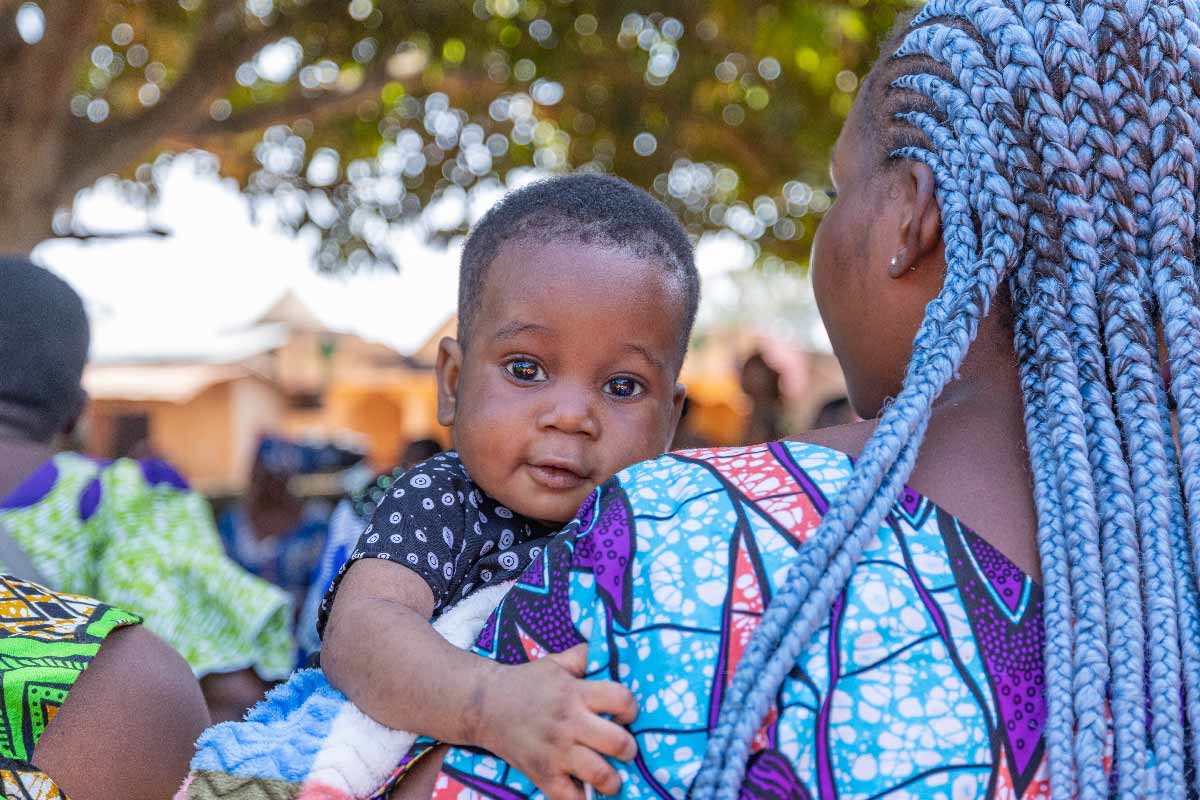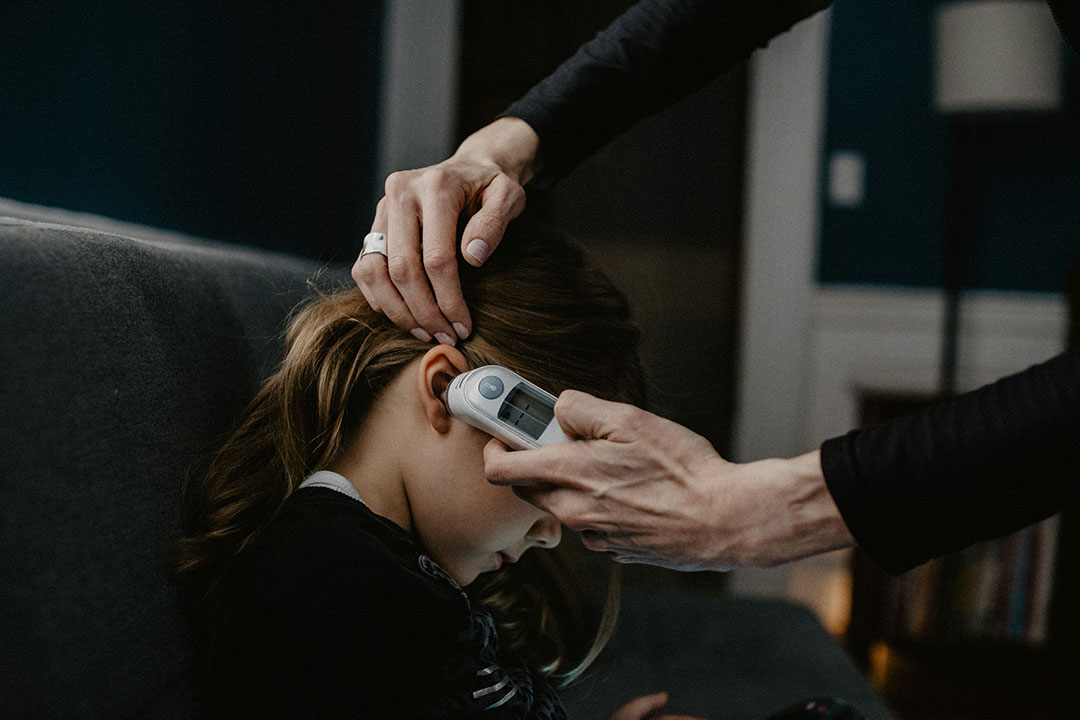“The battle against cancer is won before the hospital, through prevention”: Fighting cervical cancer in Burkina Faso
Professor Nayi Zongo is the President of the Burkinabe Coalition Against Cancer (COBUCAN). We discuss the importance of vaccination against human papillomavirus to prevent cervical cancer, which claims the lives of hundreds of women each year in Burkina Faso.
- 8 March 2023
- 5 min read
- by Gavi Staff
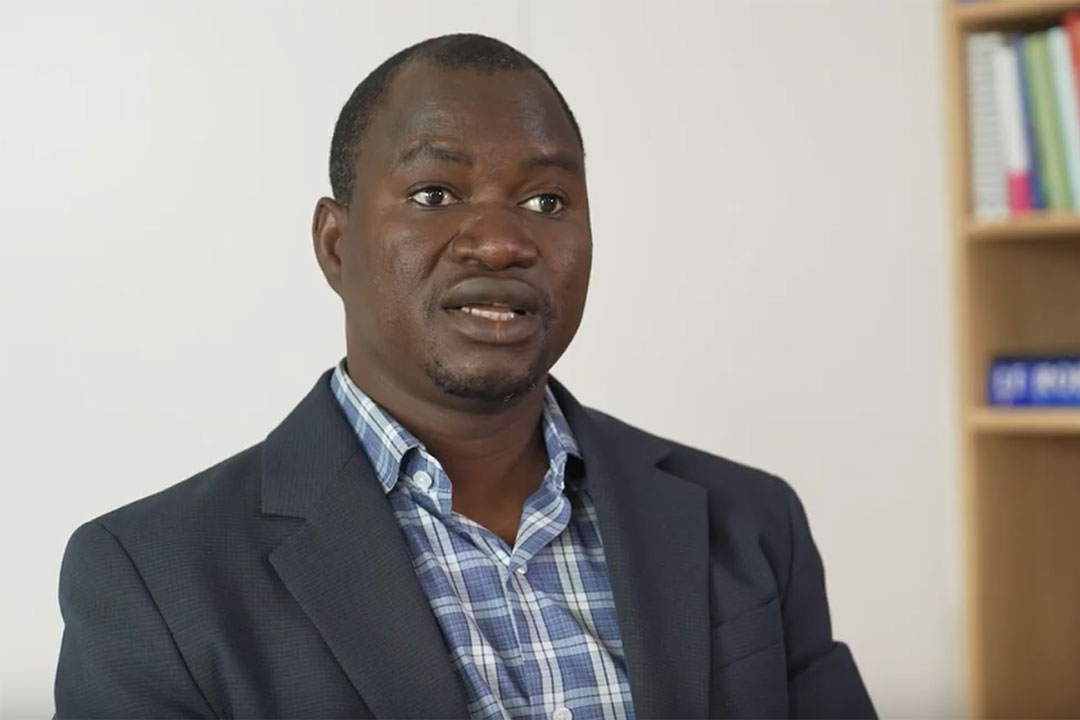
VaccinesWork: What is the impact of cervical cancer in your country?
Professor Nayi Zongo: Cervical cancer is the second most common cancer in women. It accounts for 23% of all female cancers. But in reality, it is the most lethal cancer, and we have very little hindsight among women who have suffered from this cancer, because almost all of them pass away quite quickly.
Why do you think the HPV vaccine is important?
The HPV vaccine is very important in more ways than one. First, because cervical cancer is one of the cancers whose mechanisms we have understood. It is one of the cancers that has effective prevention because we know the virus that is responsible for it. In addition, the vaccine has shown its effectiveness on the prevention of HPV and, by extension, the prevention of cancer. So it will drastically reduce the number of cases of cervical cancer, and therefore reduce the number of deaths related to cervical cancer and female cancers in general.
"The battle against cancer is won before the hospital, through prevention, early diagnosis and screening campaigns."
What are the issues and challenges for the deployment of this vaccine in the community?
For the vaccine to be deployed and used, there are several levers on which we can act. We must first fight preconceived ideas, because in the past, some vaccines have led to health problems, which means that the population is quite reluctant about the introduction of new vaccines. We must work to reassure the families, the parents, on the merits of the vaccination, but also on the safety of this vaccine, to let their daughter be vaccinated.
We must also work so that all women have access to the right information in time to be able to bring their children to hospitals to be vaccinated. We must put in place a good communication strategy through schools, markets, universities, and be on television sets as well as public and private radio stations to talk about this vaccine. It is important to announce the right information, in the right way.
Do you have examples to illustrate the importance of advocacy?
The goal of the advocacy around the vaccine is primarily for its availability, acceptance and effectiveness. For availability, there needs to an engagement with the political authorities so that there is a budget line dedicated to the fight against this cancer. In Burkina Faso, we are fortunate that there is already a budget line for women’s cancers and we have advocated with the Ministry of Health to strengthen this budget line.
We also approached non-political power holders: customary authorities, religious leaders, social media influencers, and men and women working in the media. We made a plea to them to relay the information: not just once on a certain occasion, but to continuously talk about cervical cancer and the importance of vaccination. And we even awarded the person who would pass on the most accurate information about cervical cancer and who would reach the most women and men to mobilise against cervical cancer.
Have you read?
What is the role of civil society organisations?
Civil society has one goal: to generate demand. Cervical cancer screening has been free since 2016, but the population that actually asks for it represents less than 10% of women. This means that there is a lack of awareness and of method used to convince women.
We also have to think about how to reach out to women. Support from civil society will make it possible to be much more effective and to mobilise women to go to health centres, young girls to go to vaccination centres, so that, in the event of sufficient availability of the vaccine, they can receive it.
What changes should be made for cervical cancer to be better prevented in Burkina Faso?
Not only must hospitals be equipped so that we can fight against cancer, but we must invest ahead of the hospital. The battle against cancer is won before the hospital, through prevention, early diagnosis and screening campaigns.
Hospitals should be reserved for cases that have arisen despite these barriers. This will reduce the incidence and only early cases will reach hospitals. For these cases, surgery, medical treatment and radiotherapy will be almost 100% effective.
